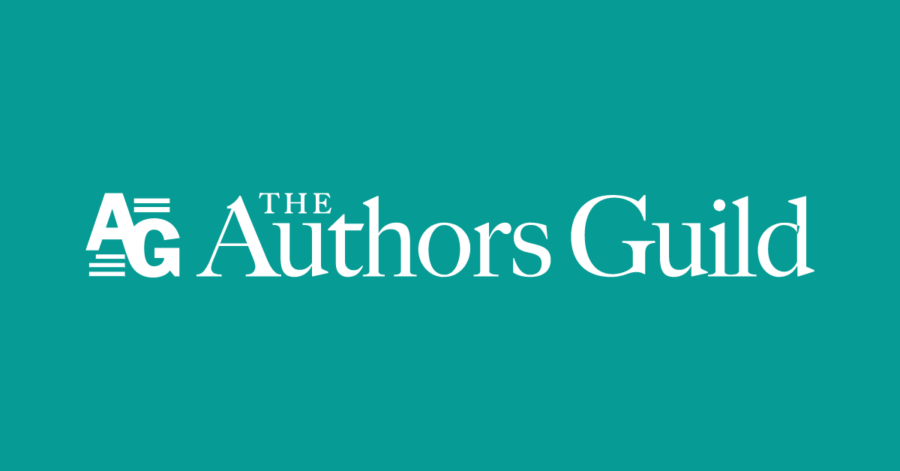Artificial intelligence is one of the most pressing dilemmas facing modern society right now. On one hand, it is undeniable that AI offers tremendously beneficial qualities such as accessible automation, fast data analysis, and a variety of other services that save costs across industries, which in turn improve efficiency and help decision-making. However, it’s a given that such a powerful and sophisticated tool would also pose grave challenges and raise questions. Many sectors are having a difficult time adapting to the new world of AI, with copyrights being a particularly common victim.
AI has been known to produce art with such detail that it could be mistaken as organically created. From paintings, photographs, animation and even songs with voices that replicate real life artists. Recently, the world of literature has taken their stance against AI, as a number of prominent authors has banned together to sue OpenAI.
OpenAI is an American-based artificial intelligence research organization that has developed several prominent AI models and conducts research in various AI-related fields. Its best-known product is perhaps Chat-GPT, a highly sophisticated language model that is capable of generating human-like text.
Last week, the Writers Guild and a group of famous authors such as John Grisham, David Baldacci, Jodi Picoult, George R.R. Martin, and Elin Hilderbrand filed a lawsuit in US District Court for the Southern District of New York against OpenAI.
According to the complaint, the core issue lies in OpenAI’s usage of copyrighted books to program its AI-based language model, ChatGPT. The plaintiffs detailed their concerns about ChatGPT’s ability to produce derivative works that mimic and summarize the authors’ books, which they believe could harm the market, while OpenAI themselves have not given compensation to the writers nor have they asked for any authorization.
“These authors’ livelihoods derive from the works they create. But the defendant’s LLMs endanger fiction writers’ ability to make a living in that the LLMs allow anyone to generate—automatically and freely (or very cheaply)—text that they would otherwise pay writers to create,” as expressed in the complaint.
The grievances conveyed by the authors are certainly understandable, as they believe that the arrival of AI could greatly threaten their livelihood and even the entire nature of their industry. However, there is no guarantee that this lawsuit will bear them any fruit.
As expressed in the complaints, the plaintiff took issue with OpenAI’s method of training ChatGPT by using copyrighted material, an act which OpenAI themselves have admitted to doing. IP Lawyer Edward Klaris, as cited by the New York Times, states his opinion that the “scraping” of copyrighted content into a database is infringement in itself. However, this could be difficult to prove as OpenAI does not state which copyrighted material they have utilized, and the usage of any copyrighted material does not necessarily mean that copyright infringement has taken place, for it could be required through legal means. Experts are divided on this, as there have yet to be clear guidelines on the relationship between AI and licensing copyrighted work.
Furthermore, ChatGPT’s ability to produce derivative work that mimics certain authors also does not automatically constitute copyright infringement, as one cannot own or copyright styles or techniques of writing, regardless of how iconic or unique theirs are. Copyrights protect concrete expressions of artistic works, not abstract concepts such as ideas or styles.
Conclusion
In regards to copyright law in Indonesia, Article 1 of Law No. 28 Year 2014 on Copyrights explicitly defines Copyright as an exclusive right of the author vested automatically on the basis of declaratory principle after Works are embodied in a tangible form without reducing by virtue of restrictions in accordance with the provisions of laws and regulations. While the term author is defined in the same article as a person or several persons who individually or jointly produce works that are unique and personal. These stipulations make works of AI’s status as objects eligible copyrighted arguable in Indonesia. However, it’s possible to argue, as some experts have, that AIs are merely tools to create works and the parties that utilize AIs can be recognized as authors.
For now, we must eagerly wait to see how the case involving AIs and authors will unfold, as the path ahead for the intersection of AI and art remains uncertain. What is clear, however, is the pressing need for well-defined regulations that will pave the way for a harmonious coexistence between artificial intelligence and the world of art. These regulations will strike a balance between protecting the rights of creators and the value of the creative spirit while also fostering innovation and technology in this ever-evolving landscape.
For more information regarding IP, contact us via ambadar@ambadar.co.id
Source:








